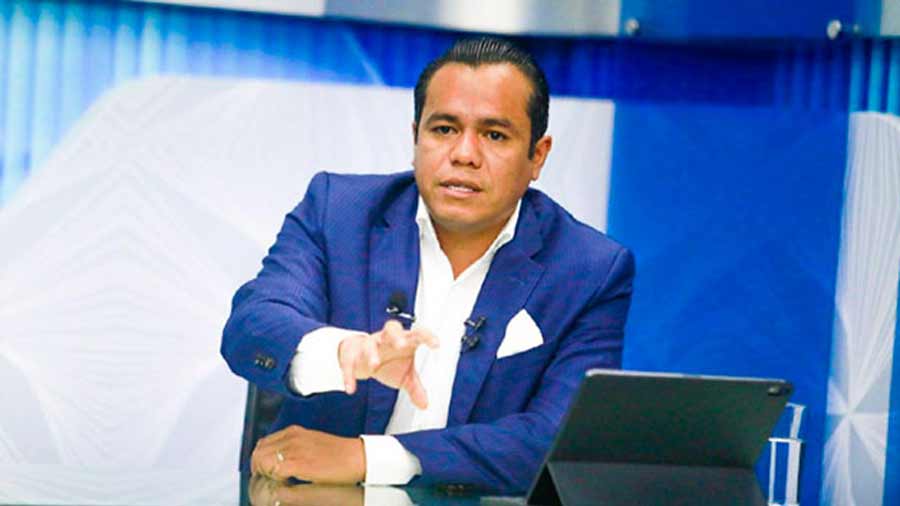
Finance Minister Alejandro Zelaya confirmed this in an interview with the international media Reuters. A stand-by arrangement with the multilateral organization entails financial and fiscal obligations that the country must undertake.
Treasury chief Alejandro Zelaya confirmed that El Salvador is in talks with the International Monetary Fund (IMF) about getting $ 1.3 billion in funding and sees a “golden opportunity” to revive its economy. .
IN ADDITION:The Bukele government is negotiating an agreement with the International Monetary Fund
Minister Zelaya said in an interview with the international media Reuters that El Salvador wants the IMF to approve an extended 36-month credit line, similar to the program announced this week for the Central American country of Costa Rica.
“It will help us take advantage of the budget deficits for 2021, 2022 and 2023,” and will help reduce the high cost of El Salvador’s debt, Zelaya said.
Zelaya said IMF funding should make El Salvador’s debt and government spending sustainable.
“We need funding of approximately $ 2 billion (by 2021), including the short-term debt management plan,” he added.
IN ADDITION: Bankers see a financial agreement between the government and the IMF as viable
Banking sector approves the agreement
The Salvadoran banking sector agreed with the government yesterday to reach a financial agreement with the International Monetary Fund (IMF) as it ensures that this can ensure fiscal stability for the government and contribute to greater economic growth.
“An agreement with the Fund would send a very positive signal to investors and help improve the country’s sovereign risk assessment,” said Raúl Cardenal, the chairman of the Salvadoran Banking Association (Abansa).
According to the representative of the banking system, they understand that there have been meetings of the government with the IMF in recent months to reach a financial agreement, leading them to believe it will be finalized soon.
Having an agreement with the IMF is entering into a series of tax obligations, many of which are unpopular with the population, starting with the main requirement: increasing value added tax (VAT) and continuing with the application of a real estate tax and the implementation of cost containment measures, including the reduction of public jobs.
Cardenal stressed that this week the IMF approved a financial agreement with Costa Rica for $ 1.7 billion over 36 months, which aims to reduce the budget deficit in the medium term.